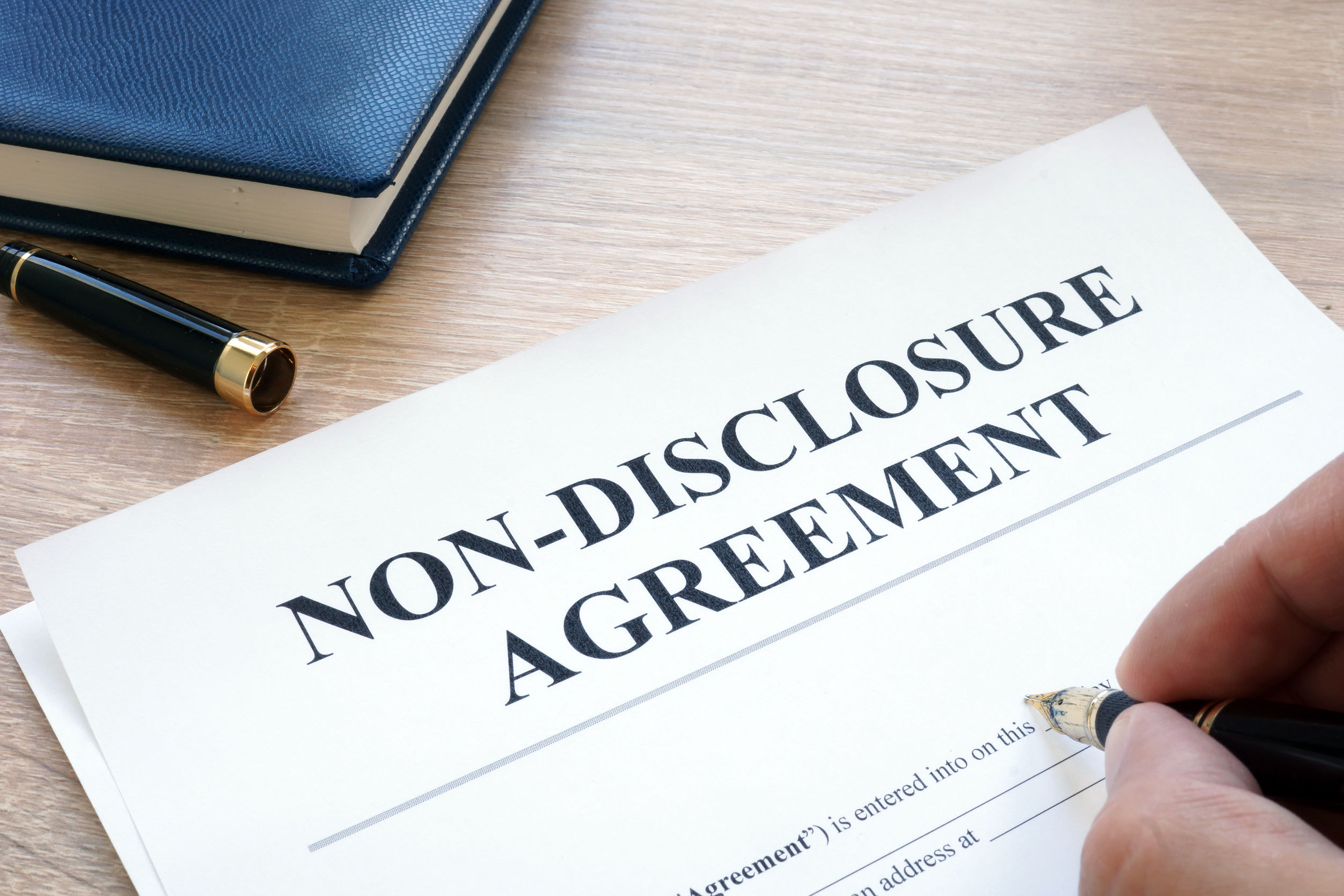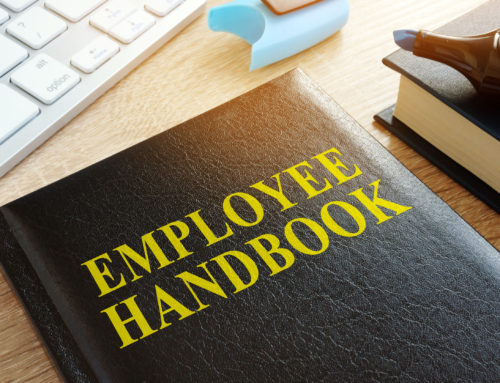In business, there are always things that you’d prefer your former employees don’t share or disclose to the public. That’s why it’s common for companies to prepare confidentiality agreements (also known as non-disclosure agreements).
When should you seek to secure a non-disclosure/confidentiality agreement?
There are many instances where securing a non-disclosure/confidentiality agreement makes a great deal of sense for employers. For example, you’d want to protect your intellectual property when showing a new invention to a potential investor or distributor. In this instance, there is a very real possibility that the individual witnessing your creating could, at least in theory, copy it for their own benefit or share it with competitors for their own gain.
Mutual vs. Non-Mutual NDA
There are generally two types of confidentiality/non-disclosure agreements. The first, and generally most common in business, is the mutual non-disclosure agreement. In a mutual non-disclosure agreement, both parties agree not to share or make public the substance of anything that was discussed throughout the course of the relationship between the two parties.
The second is the non-mutual non-disclosure agreement, which essentially prohibits the receiving party from disclosing anything that they might learn from the originator of the agreement. This type of agreement is common when dealing with business ideas or inventions, as the entire process tends to be somewhat one-sided.
Elements of the Non-Disclosure/Confidentiality Agreement
According to Forbes, not disclosure agreements don’t need to be too extensive or particularly complicated. “In fact, the good ones usually don’t run more than a few pages long.”
Here’s what most non-disclosure agreements usually contain:
- Identification of the parties involved
- A detailed definition of what is being deemed to be confidential
- The scope of the confidentiality obligation by the receiving party
- The exclusions from confidential treatment
- The term of the agreement
Non-Disclosure Agreements and Layoffs
It isn’t uncommon for employers to include non-disclosure/confidentiality agreements as part of their severance package. While they can sometimes be viewed as a sign that the company has something to hide, this is rarely the case. Instead, these agreements represent basic protections for employers operating in a complex and ever-changing world.







Leave A Comment